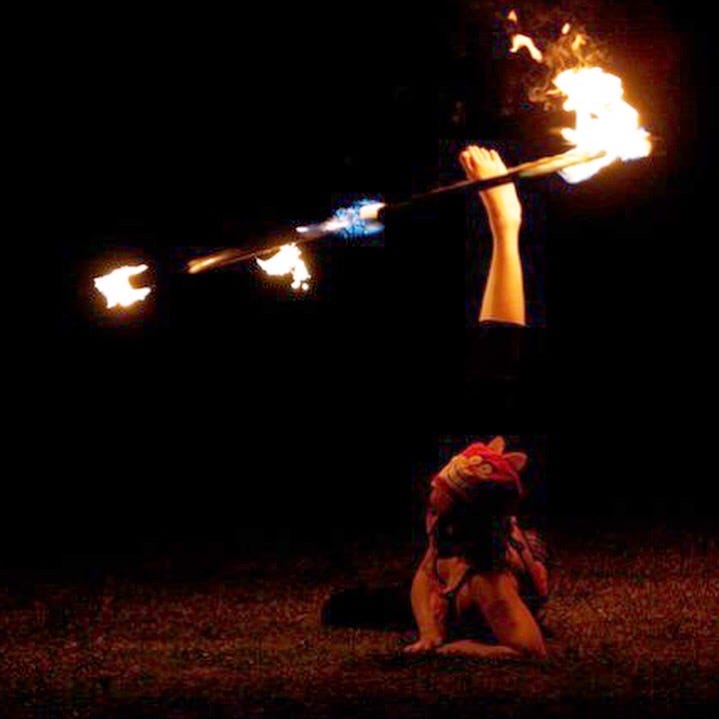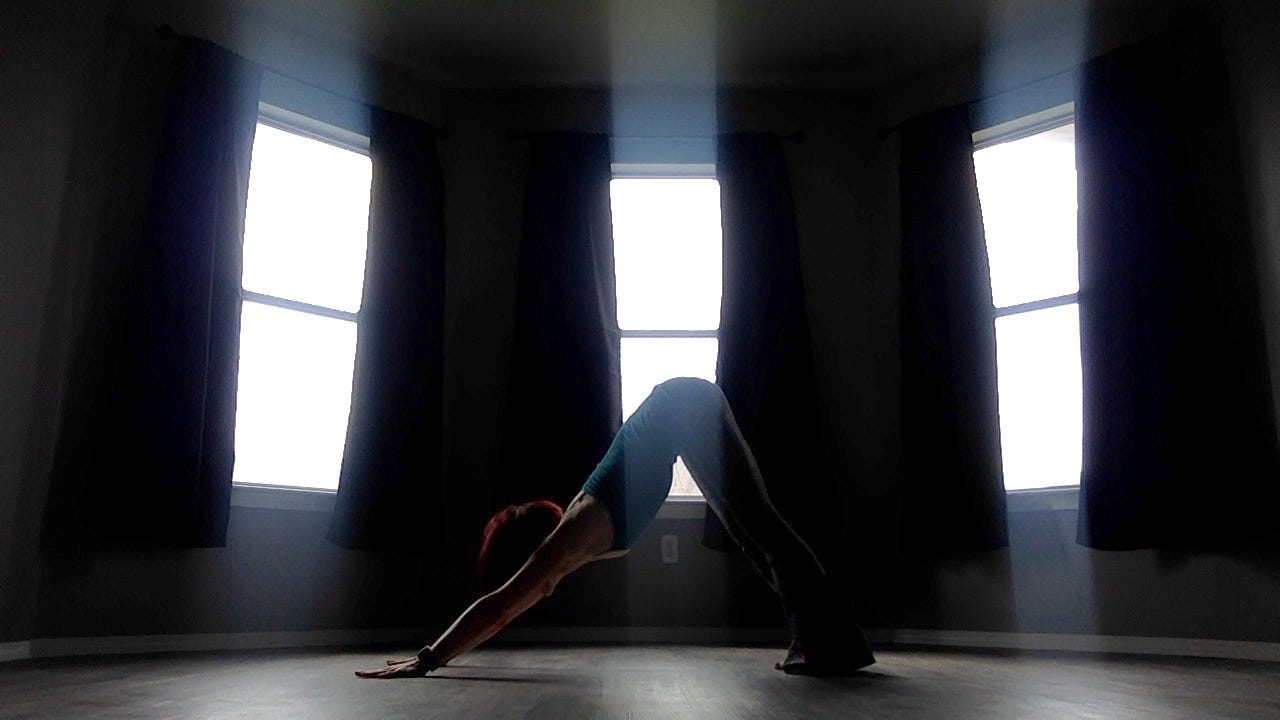Autism & Social Skills - Autistic People Socialize & Play in an Autistic Way
I'm Autistic, and though my socialization may look different than non-autistic socialization, my way of socializing, The Autistic Way, is NOT wrong.
"Autistic People are bad at socializing."
NO! Let's reframe that:
"Autistic People socialize in an Autistic way."
That's better!
I'm Autistic, and though my socialization can look different than non-autistic socialization, my way of socializing (The Autistic Way) is NOT wrong.
The way ALL people socialize and play is influenced by their individual configuration of NeuroTypes (Brain Types).
I am no different; therefore, my Autistic and ADHD brain affects how I communicate, interact, socialize and play.
In my experience, it's not that Autistic People are "bad at socializing" or "don't care for people," but that many of us are tired, anxious, or fed up with trying to socialize with people who refuse to put in the effort to meet us where we are (expecting us always to do things their way).
Autism was my primary diagnosis (almost seven years ago now). I've always been Autistic (but didn't know it for much of my life).
When I was diagnosed Autistic at 29, I also received a diagnosis of social anxiety disorder. Social anxiety is something I've developed (due to trauma from how I was treated in life) that also affects my socialization.
Frequently, in my life, I have been rejected when trying to share with others and pushed away or disregarded when trying to express my needs, feelings, or discomfort.
My natural tendency to keep to myself has been reinforced, thanks to the amount of rejection I've experienced over the years on the occasions I did try to share.
People around me have denied my lived experiences and perspectives, and each denial has caused me to retreat more deeply into myself (beyond my natural aptitude for solitude, which was already relatively high to begin with).
I've always had "reduced sharing of interests, & emotions" and a decreased desire to "initiate or respond to social interactions" (if compared to my non-autistic peers).
I'm mostly happy on my own, but sometimes I DO want to reach out and share, but I struggle to figure out how (or worry my attempt won't be well received), and the uncertainty is enough to stifle my attempts at connection.
Safe people are few and far between, but they are everything, but I've found many people unsafe for me. With unsafe people, my input doesn't matter because unsafe people don't care about what I have to say.
My joy comes from engaging in and sharing my passions with safe people, but I am happy to chase my joy alone, as I've done since I was a young child.
I have "difficulties" adjusting myself "to suit various social contexts." People less frequently are willing to change themselves to meet me.
I don't do shallow, small talk. I want to talk about the things that are important to me, the things I spend most of my time thinking about - the things I care about. I do so with such intensity it can be overwhelming to some (many) people.
I want deep conversations about our fears, pains, traumas, and the world's injustices but (like my play) this is "inappropriate" (if you ask some people).
I enjoy socializing (with a purpose) if we (a group of safe people) gather over something we're all passionate about (like I did back in my Cirque days). I also enjoy socializing with other Autistic NeuroDivergent folks.
#ActuallyAutistic #AskingAutistics: Anyone relate?
I play and socialize in an authentically Autistic way.
Play is how people of all ages relax and unwind. It is also how we learn and grow. "Just playing around," you can discover some fantastic skills buried deep within yourself or meet and bond with a friend who may become an essential figure in your life.
When we stop being curious about the world, stop playing, and stop fucking around, we stop finding out (things we should find out). Play is vital for all species (regardless of age), but many humans have been tricked into thinking "play" is only for the young.
As a child, my play was different than it is now, but it served the same purpose.
I would line up my toys and other objects, such as books and VHS tapes, on shelves, making sense of the chaos in the world around me. I also enjoyed taking items apart and putting them back together.
Some children will invite their parents, adults, and peers to engage and play with them when playing with toys. I was happiest playing, exploring, and discovering independently (and found other people trying to inject themselves into my world intrusive).
My Autistic Play Style was evident in the baby videos used in my Autism evaluation, where on multiple occasions, I am focused intensely on one or two moving components of a toy.
Growing up, I would play with other (non-toy) items with moving parts, such as sunglasses (bending the hinges and flexing them repeatedly and rhythmically).
In multiple videos, while sitting in a room FULL of my family members (because the camera tended to come out at family gatherings), I do NOT try to share my toys or play with any of the people around me.
Paid Subscribers have access to the full post as thanks for making the free public resources I create possible.
Keep reading with a 7-day free trial
Subscribe to NeuroDivergent Rebel’s Substack to keep reading this post and get 7 days of free access to the full post archives.






